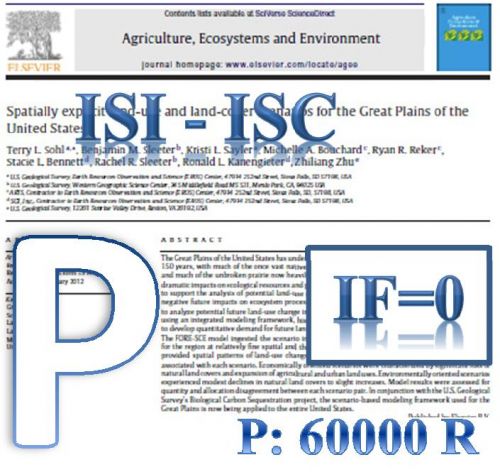The quantity of by-products and polymeric compounds produced in the ethylene dimerization reaction is a critical factor from the industrial viewpoint. It may lead to the shutting down of 1-butene reactors. It is, therefore, highly desirable to identify the factors that are responsible for the formation of polymeric materials and how the formation of these heavy compounds can be minimized or prevented. A significant way to overcome this drawback is by judicious choice of the catalyst and reaction conditions. In this regard, a systematic study has been carried out on a titanium-based catalyst using tetrahydropyran (THP) and tetrahydrofuran (THF) as modifiers, and bromoethane as a new efficient accelerator in combination with triethylaluminum (Et3Al) activator. The addition of bromoethane led to dramatic increases in the rate of reaction and yield, and remarkable decreases in the amounts of heavy and polymeric compounds. It is proposed that specific weak coordination of the halide to the dimeric Et3Al may result in breakage of the Et3Al dimer and the release of monomeric Et3Al. The latter is more reactive than Et3Al dimer and leads to the facile generation of an increased number of the active metal sites that are responsible for the dimerization reaction. Finally, the catalytic performance of the novel homogeneous system [titanium tetrabutoxide Ti(OC4H9)4)/THP/Et3Al/bromoethane] has been examined under various operating conditions.
کلید واژگان :Ethylene dimerization, Heavy Compounds, THP, Promoter, Bromoethane
ارزش ریالی : 1200000 ریال
با پرداخت الکترونیک
